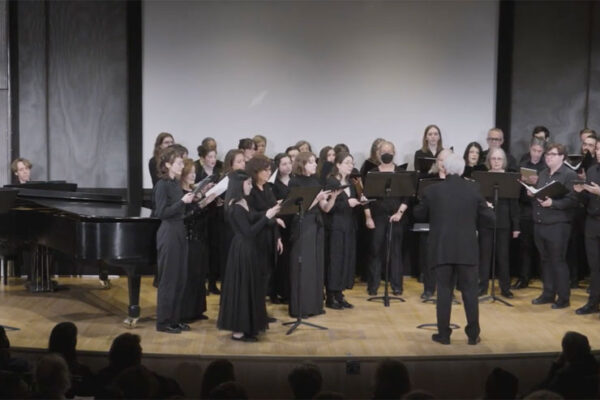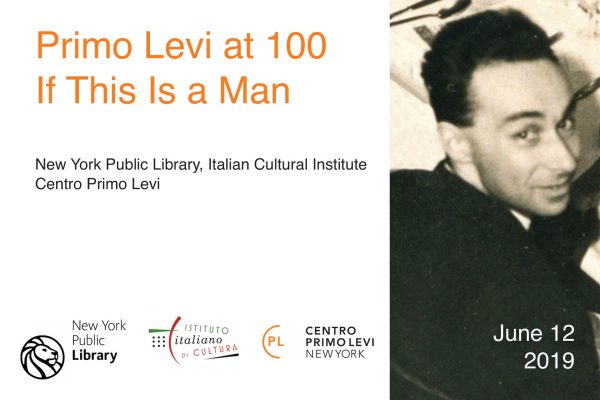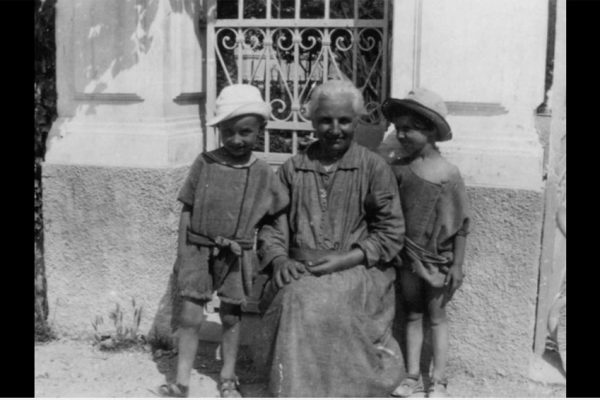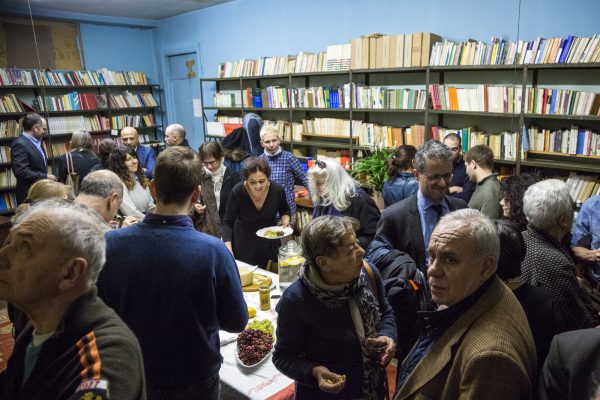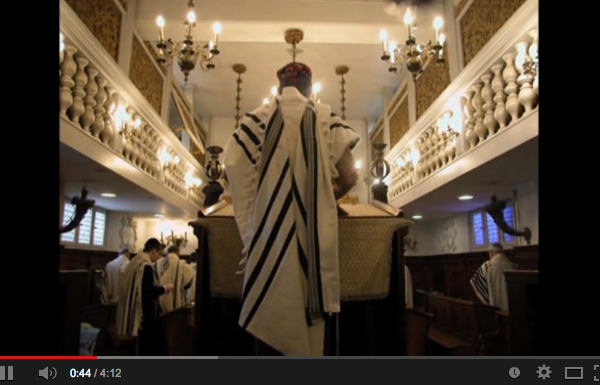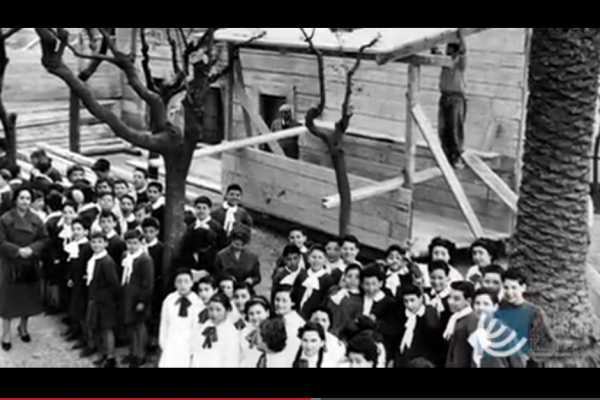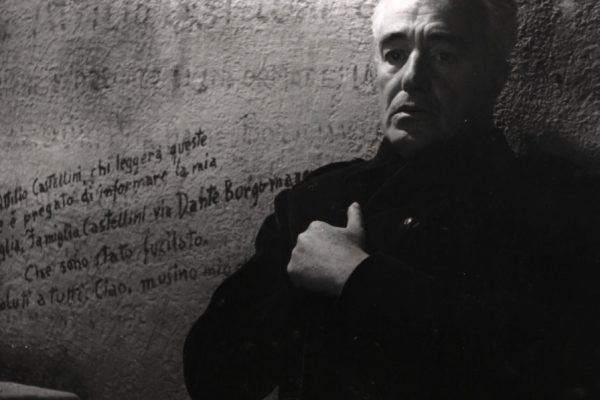Born on April 30, 1915, in the Tuscan port city of Livorno, Elio Toaff was the son of the chief rabbi of Livorno, Alfredo Sabato Toaff, who discouraged his son from following him into the rabbinate. He rebelled against that advice, however, studying law and theology and succeeding as a scholar.
By the age of 26 he was leader of the Jewish community in Ancona, a port city on the Adriatic. A fighter in the Italian resistance during World War II, he helped hide Jews after the Germans occupied northern and central Italy in 1943 and began mass deportations to concentration camps.
Rabbi Toaff was at one point captured by the Nazis and sentenced to die by firing squad — he was reportedly forced to dig his own grave — but he managed to escape. After the war he served as chief rabbi of Venice, and he was chosen as spiritual leader of the Jews of Rome in 1951, at a time when the community, perhaps the oldest in Europe, was severely diminished in numbers and vitality.
“The Italian Jewry was devastated and severely traumatized in the wake of the war,” David I. Kertzer, a professor of Italian studies at Brown whose book “The Pope and Mussolini: The Secret History of Pius XI and the Rise of Fascism in Europe” was awarded a Pulitzer Prize on Monday, said in an interview. “Not just by the Holocaust. Preceding that, the Italian Fascist regime enacted racial laws, aimed principally at Jews, and unlike the Jews of Germany, the Italian Jews thought of themselves as quintessentially Italian. They had been there for 2,000 years. All this came as a shock, so it was a double blow.
“Rabbi Toaff lived through all this,” Professor Kertzer added. “So even before becoming chief of Rome in ’51, he was a heroic figure, associated with resistance, and with rebuilding.” from The New York Times, April 2015


